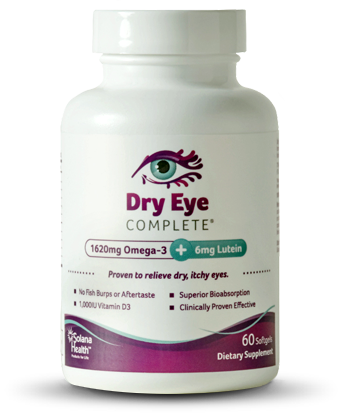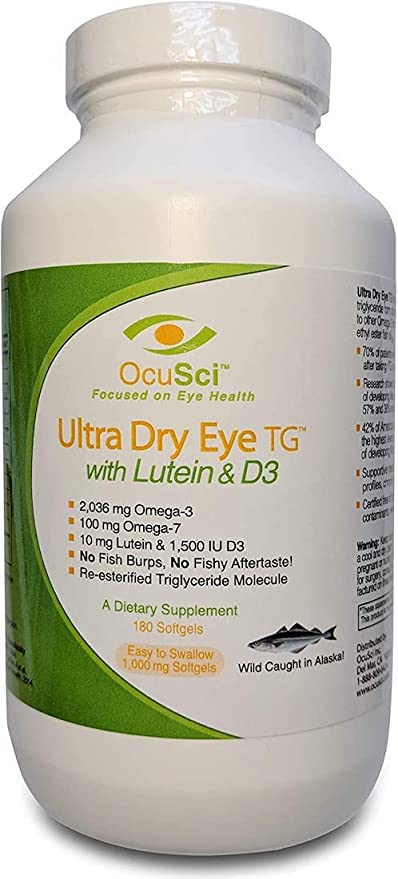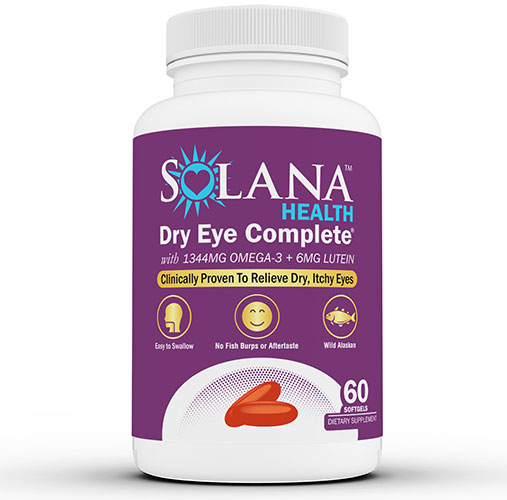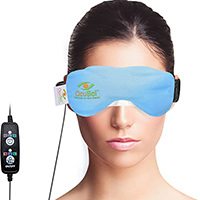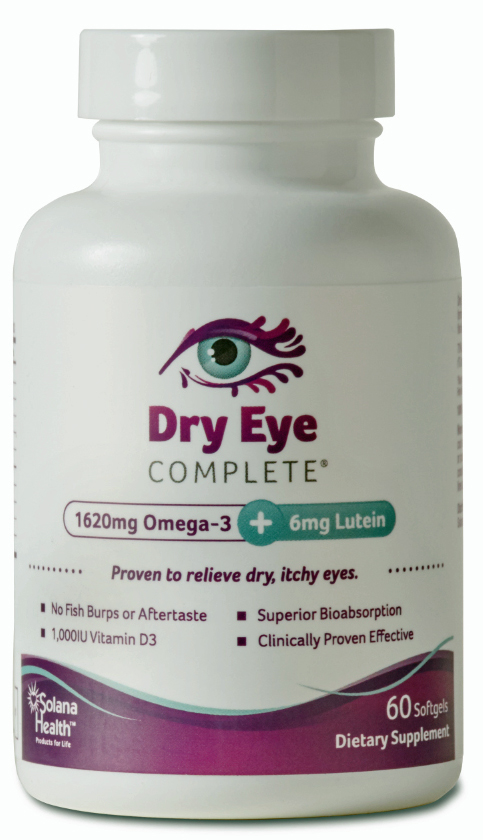- Alabama
- Alaska
- Arizona
- Arkansas
- California
- Colorado
- Connecticut
- Delaware
- District of Columbia
- Florida
- Georgia
- Hawaii
- Idaho
- Illinois
- Indiana
- Iowa
- Kansas
- Kentucky
- Louisiana
- Maine
- Maryland
- Massachusetts
- Michigan
- Minnesota
- Mississippi
- Missouri
- Montana
- Nebraska
- Nevada
- New Hampshire
- New Jersey
- New Mexico
- New York
- North Carolina
- North Dakota
- Ohio
- Oklahoma
- Oregon
- Pennsylvania
- Rhode Island
- South Carolina
- South Dakota
- Tennessee
- Texas
- Utah
- Vermont
- Virginia
- Washington
- West Virginia
- Wisconsin
- Wyoming
Alaska

California
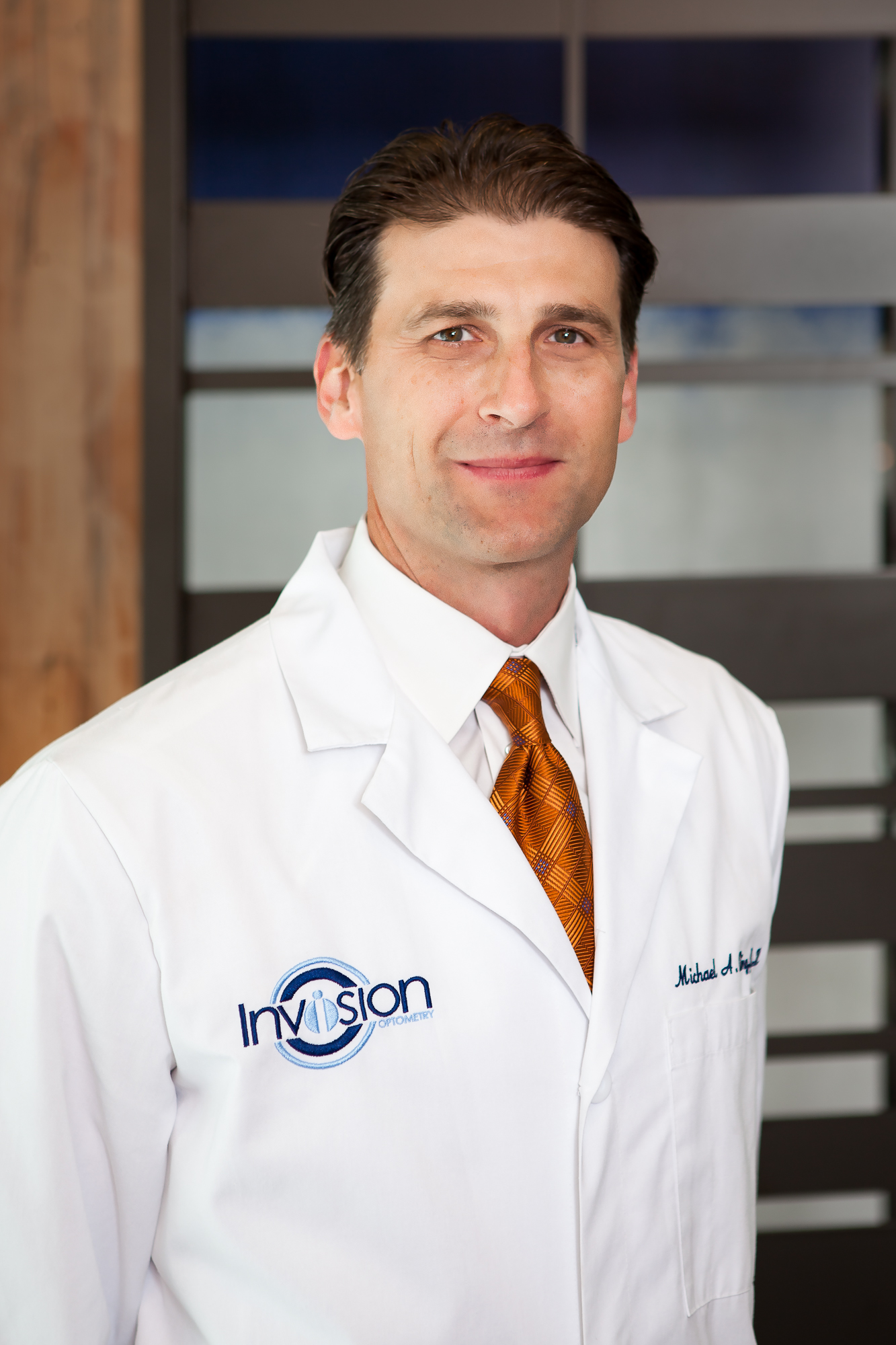


Florida
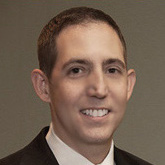
New Jersey
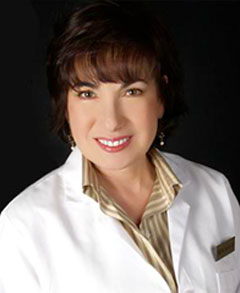
Washington

How to Choose Best Eye Doctor
Selecting a good eye doctor is just as critical as choosing a good physician. Your eyes obviously are your window to the world and they also reveal much about your overall health. Your eyes are so important to your daily life, it only is logical that you select a good eye doctor and spend a good amount of time doing it.
Most of us eventually will need to use glasses or will have some type of eye problem. The most common are nearsightedness and farsightedness, and you will need to be seen by an eye doctor of some type to get a prescription for glasses and/or contact lenses.
Below are key things to remember when looking for an eye doctor:
#1 Choose Eye Doctor Type
There are two basic types of eye doctors:
- Optometrists
- Ophthalmologists
Optometrists have the training to treat some types of eye disease, prescribe drugs, and do not do surgery on the eyes. To be an optometrist, you need to graduate with a bachelor’s degree in a science field and spend four years at optometry school.
Ophthalmologists treat every type of eye disease, prescribe drugs, and do eye surgeries. To be an ophthalmologist, you need to attend college for four years, go to medical school for four years, and then be in a residency program for four years.
Some ophthalmologists may spend several years after residency in a sub speciality, which would require more years of residency.
If you are looking for routine eye care, you should be fine with an optometrist. If you have eye diseases of some kind, an ophthalmologist could be better. Remember that an ophthalmologist will charge a higher rate.
#2 Which Type Is Best for You?
Whether you go to an optometrist or an ophthalmologist depends upon the type of care you need from your eye doctor. If you just need a general eye examination and glasses and/or contact lenses, you can go to either an ophthalmologist or an optometrist.
However, if you have an eye disease, you could prefer to go to an ophthalmologist for your ongoing care needs. Also, if you want to have eye surgery performed of any kind, you need to be seen by an ophthalmologist.
If you are just seeking new corrective lenses, you normally could see either type of eye doctor.
#3 Availability of Eye Doctor
A major factor about choosing an eye doctor is what their hours and availability are. Does the practice have long daytime hours? What about weekends and evenings? You do not want to have to wait a long time to get an appoint to see an eye doctor.
However, if you need to manage an eye disease, you will normally need to see your ophthalmologist and they rarely have evening and weekend hours.
#4 Find Out About Insurance
Most people want to select an eye doctor that their health insurance covers. You should call the eye doctor to see if his or her office takes your health insurance. This can save you quite a bit of money if you ever do need to have something other than a routine eye exam.
#5 Get Referrals
There are many ways that you can get referrals for a good eye doctor:
- Ask family and friends if they have an eye doctor that they have seen for years that they are happy with.
- Talk to your doctor or medical care provider to see if they can refer you to a quality eye doctor.
- Call the ophthalmology department at a hospital or university medical center to see who they recommend
- Contact a state or county association for eye doctors in your area. They may have a list of good eye doctors. Some of them may have detailed information about each eye doctor’s specialities and level of experience.
- You can check with the American Academy of Ophthalmology, which offers a handy doctor locator that is useful for finding eye doctors in certain areas – aoa.org.
- The American Academy of Ophthalmology has a detailed list of ophthalmologists who are registered with their organization – aao.org.
- The Consumer’s Guide to Top Doctors has a listing of many types of doctors and health care specialists. It lists the doctors who are most often mentioned in doctor surveys.
#6 Check for Disciplinary Actions
It is important to verify if any malpractice actions have been taken against a doctor. You can use the site DocFinder to find links to all of the medical licensing boards for most states.
#7 Check Certification
Any practicing eye doctor should have certification through an accredited medical organization, and should have a current license to work in your state. Ask where the doctor earned his degree and if he is board certified.
Also, you should check to see how many years he has been in practice, as well as any specialties he has. For example, if you are a glaucoma patient, you would want to work with an ophthalmologist who is experienced working with this disease.
#8 How Do You Know You Chose Well?
After you go through the above steps and you have seen an eye doctor, ask if you are totally satisfied with the care and service. Were all concerns and questions you had fully answered? If not, you probably should continue to look for another eye doctor.
You should look for a doctor who you are sure is doing a complete check of your eye health. Not even a routine examination should take only five minutes. You need an eye doctor who is thorough and patient, and is ensuring that your eyes are healthy and free of disease.
Overall, it is important to do your homework when you are selecting a good eye doctor. Most people have healthy eyes, but if a problem arises, things can go downhill rapidly. So it is key to have a good eye doctor who is skilled, has time available to see you, and is strongly detail oriented and patient.

